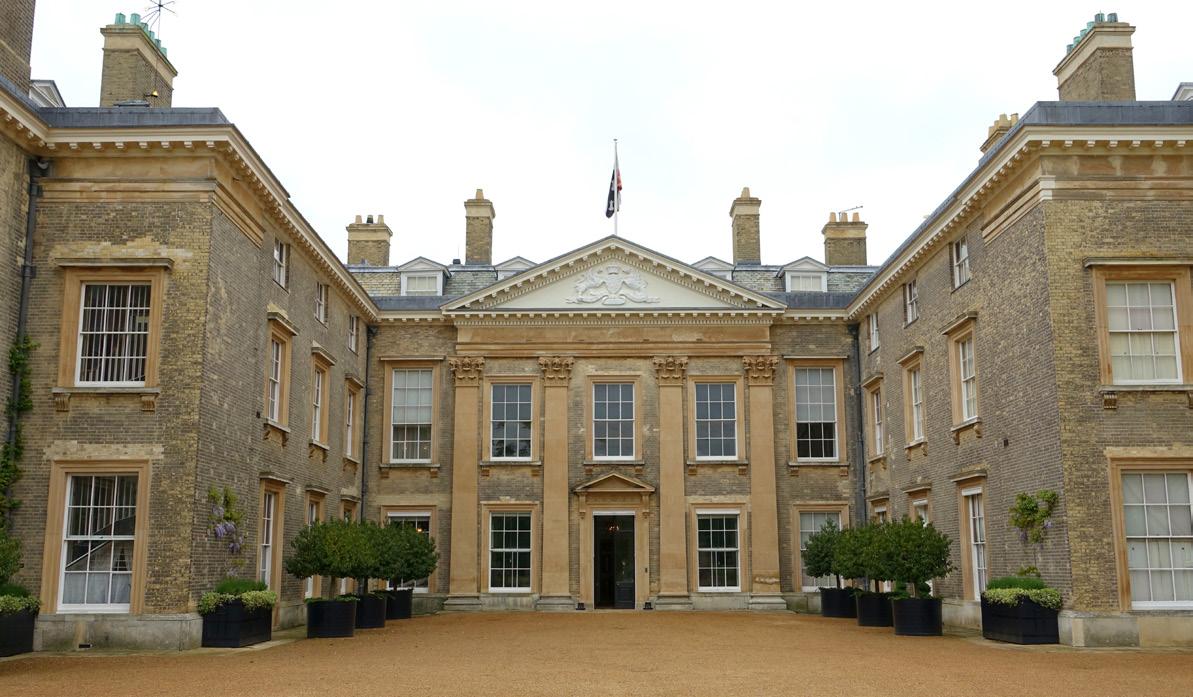
2 minute read
Economy by Fr James Campbell SJ
from Oremus April 2021
On the Road from Beijing
Fr James Campbell SJ
Divided into two parts, this book uncovers the extent and depth of China's reach into nation states across the globe. Part One looks at its deep pockets through its infrastructure deals and complex banking system, whilst Part Two considers China's soft power, pragmatism and the major players in its endeavour. The new initiative was inaugurated a few years ago and was called The New Silk Road and also One Belt, One Road (OBOR) or the Belt and Road Initiative (BRI). China's intention was to forge links with other countries around the world by means of infrastructure building, such as railways, roads, ports, factories and suchlike.
Of course, such initiatives were not without other motives such as increased political and economic infuence in those countries which now comprise some 80+ participants. The authors claim that China’s policy poses a major challenge to the current global structure, a challenge or a threat depending on one's point of view. What is new, however, is that China’s goals for expansion are successful without the need to resort to force, military threat or conquest. It seems that its soft power is enough to gain traction worldwide. Some have called this a form of neo-colonialism while other perceive it as creative and participatory rather than requiring the direct dependency of former colonial governments.
The book is meant for the general reader and uses concrete examples to illustrate its points. Instances of China's infltration into continents abound. For example, it uses BRI in Africa where it has built the administrative headquarters of the 54-member African Union in Addis Ababa, named after Nelson Mandela. It also built the Addis Ababa - Djibouti railway which is 472 miles long and provided landlocked Ethiopia with a port on the Horn of Africa. Other projects in that city are the result of billion dollar investments in construction, mass transportation and urban development. The EU, India, Pakistan, Indonesia, Sri Lanka, the Philippines and many other places now play host to this incursion from the East. In the frst fve years of the BRI, China built almost 200 hydroelectric dams across the world, 41 gas and oil pipelines, and 203 railway lines, roads and bridges in Africa and South and Central Asia. It has also invested in green energy, public health, information technology, a digital city, and range of ocean-going ports.
China’s interests are not merely material, since each investment also includes the eradication of poverty, development of communities, regional economic integration and its own security interests. In the wake of all this investment wake, too, there are high levels of debt for many poor countries, thus giving China major ownership rights in foreign territories. There can be no doubt that Beijing’s emergence and ascendancy in its global reach is destined to continue and consolidate China’s position on the world stage. So far this has been peaceful enough, but the recent clampdowns on pro-democracy activists in Hong Kong do not bode well for the future as China now seems keen to its impose its values and systems in the countries in which it is currently infuencing. Fr James Campbell SJ is currently the Chief Librarian and Senior Lecturer in Canon Law at Hekima University College, Nairobi and was formerly Parish Priest at Farm Street.











